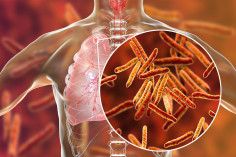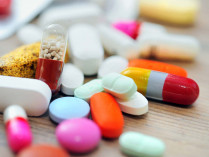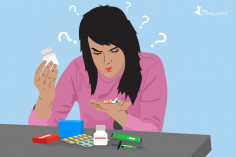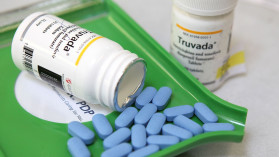Get Informed Topics Himarika HIV Treatment HIV treatment and drug Interaction explained
HIV treatment and drug Interaction explained
Drug interactions occur when two or more drugs react with each other and make one or both the drugs less effective and also it may cause you experience an unexpected side effects.
Some drug interactions can even be harmful to you and need to be taken seriously.
If you are living with HIV, it is important to let your healthcare provider know if you are taking other medications to treat other health conditions to avoid a possible drug interaction that may render the HIV treatment less effective.
Your healthcare provider will check for possible interactions before they prescribe the best treatment for you.
It is also important for other healthcare professional who prescribes or recommend a medicine for you to treat other diseases, to know about the treatment you are taking for your HIV so that they can check for possible interactions and recommend the most suitable treatment.
HIV and Opportunistic Infections
Opportunistic infections are infections that occur when someone has a weak immune system including people living with HIV.
Opportunistic infections are less common nowadays due to better and improved treatment.
However, many people living with HIV still develop opportunistic infections because;
- They may not know they have HIV so they are not on treatment
- They are not on adhering to treatment
- Have a high viral load
The most common opportunistic infections include
- Tuberculosis (TB)
- Hepatitis B and hepatitis C
- Candidiasis
- Pneumonia
- Lymphoma,
- Kaposi’s sarcoma
- Invasive cervical cancer
How Can You Prevent Getting Opportunistic Infections?
The best way to prevent opportunistic infections is by adhering to your treatment as prescribed by your healthcare provider.
This will keep your viral load low and keep your immune system strong.
Other ways to help you reduce getting an opportunistic infections include;
- Prevent exposure to other sexually transmitted infections.
- Avoiding exposure to contaminated water and food
- Don’t share drug injection equipment.
- Taking medicines to prevent certain opportunistic infections
- Getting vaccinated against some preventable infections
- Traveling safely
Can Opportunistic Infections Be Treated?
Yes, they can.
There are treatments available such as antiviral, antibiotic, and antifungal drugs. The type of medicine used depends on the opportunistic infection.
Once the opportunistic infection has been treated, you may continue to use the same medicine or an additional medication to prevent it from coming back.
Frequently Asked Questions
Male Body
1 questions
See frequently asked questions on Male Body
Let's Talk
Facts, tips, stories and common questions
Go to Forum




